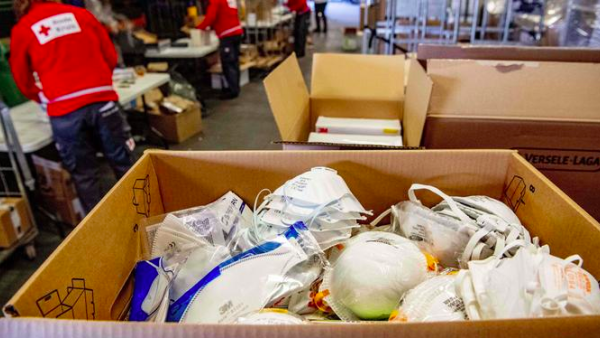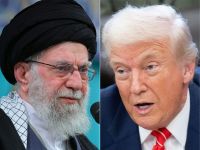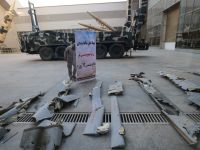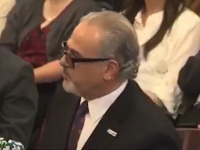Anyone who has been following the expert advice coming from government and media outlets will have noticed that there can be big differences between what we are being told. Some of the advice, like Donald Trump’s suggestion that bleach can be injected into one’s veins to ward off coronavirus, is ludicrous, dangerous, and not backed up by any scientific evidence.
Other advice, however, may be evidence-based but still be in opposition to other advice related to Covid-19. Facemasks provide a clear example. The WHO argues that masks should only be used by people who have contracted the virus, those caring for Covid-19 patients, and healthcare workers.
But in Egypt and many other countries in the Middle East and elsewhere, facemasks have become mandatory in certain places such as banks. One study in the British Medical Journal says that masks “could have a substantial impact on transmission, with a relatively small impact on social and economic life.”
Part of the discrepancy between the advice given is down to having to prioritize whatever funds are available. Healthcare workers are more likely to contract Covid-19 through contact with patients and, so, would benefit most from them.
Part of the discrepancy between the advice given is down to having to prioritize whatever funds are available. Healthcare workers are more likely to contract Covid-19 through contact with patients and, so, would benefit most from them.
Nevertheless, some of the differences in advice is down to the various scientific research being produced. Evidence Aid is a charity that surveys various studies and then tries to create an average which can then be simply communicated to medical workers, policymakers, and humanitarians around the world.
Ben Heaven Taylor, CEO of Evidence Aid, told Al Bawaba that “you have a variety of opinion now of what the scientific evidence really is. At Evidence Aid we would say it is always best to synthesise several different scientific studies in order to come up with an average to avoid biases that might be present. Or inaccuracies and natural mistakes which could occur. It’s more reliable to look at more than one study and more robust.”
At Evidence Aid we would say it is always best to synthesise several different scientific studies in order to come up with an average to avoid biases that might be present.
Many healthcare and humanitarian workers operate in highly time-sensitive environments where sorting through the latest developments in scientific research can prove difficult. Sometimes those working for humanitarian organizations are not as well-versed as medical professionals in interpreting and questioning evidence.
“The evidence for face masks, for example, the evidence is fantastic. We are using the best evidence that is available for that context. Some of it down to a public understanding on how to use evidence. There’s an educational angle on how people understand what good evidence is and how it can be used. There is a risk of people blindingly using evidence without question,” says Ben.
Evidence Aid works because it distills large amounts of scientific research into short summaries of around 200 words. The summaries are written by professors, graduate students, scientists, and medical professionals. It’s not always possible to come up with a clear answer to questions over the use of certain equipment or drugs. The summaries can only point out how reliable evidence is and what conclusions might be drawn.
There is a risk of people blindingly using evidence without question - Ben Heaven Taylor
Ben says “science is operating in a competitive market with rubbish. And very often loses because often the rubbish is more compellingly communicated. The people who are pushing misinformation on social media are good communicators and scientists are sometimes not. We’ve got to recognize this as a competitive market for people’s trust and we should get better.”
Summaries by Evidence Aid are published in multiple languages, including Arabic, and reach policymakers, professionals, and citizens around the world. The charity is supported by Public Health England but in the past week has seen almost 30% of website traffic from Saudi Arabia and nearly 20% from Egypt.
Misinformation can be the most dangerous and prevalent in low-income countries. In a country like Yemen, where national medical and research facilities have been damaged, the need for reliable information and up-to-date scientific research can be a matter of saving lives. If governments and organizations can put resources into areas with a lot of scientific backing for the effectiveness it can mean a more strategic and prioritize response to pandemics like Covid-19.
The views in the article do not necessarily reflect those of Al Bawaba News.







